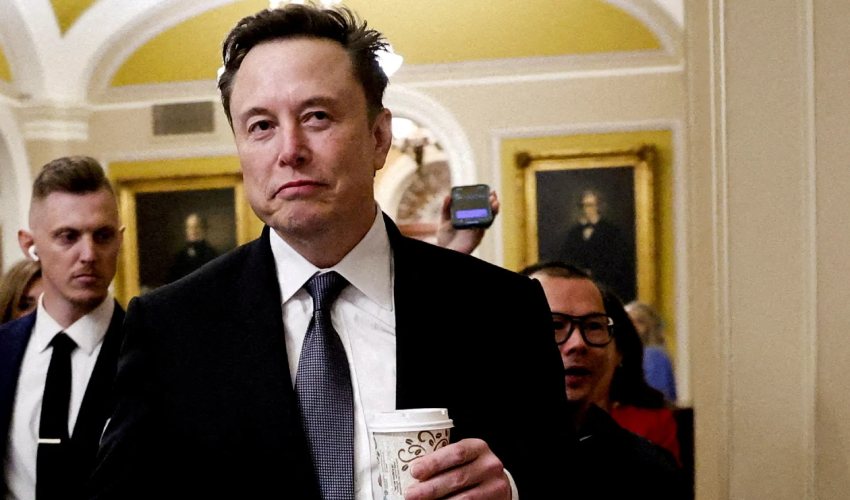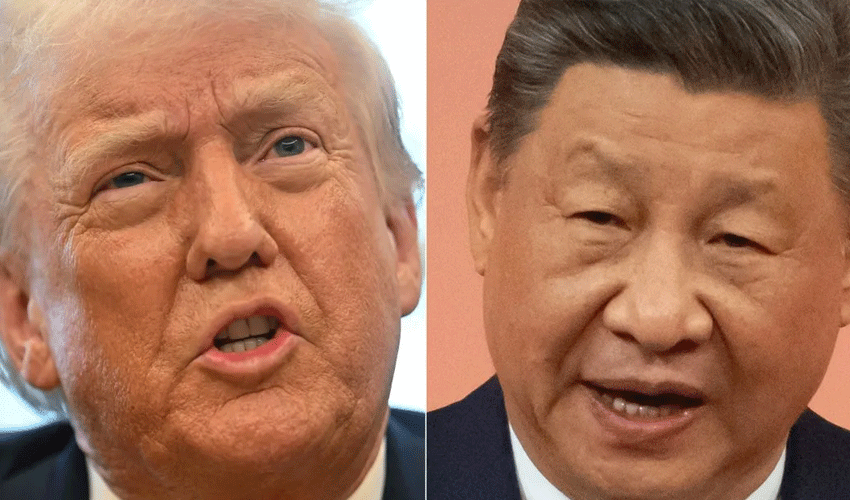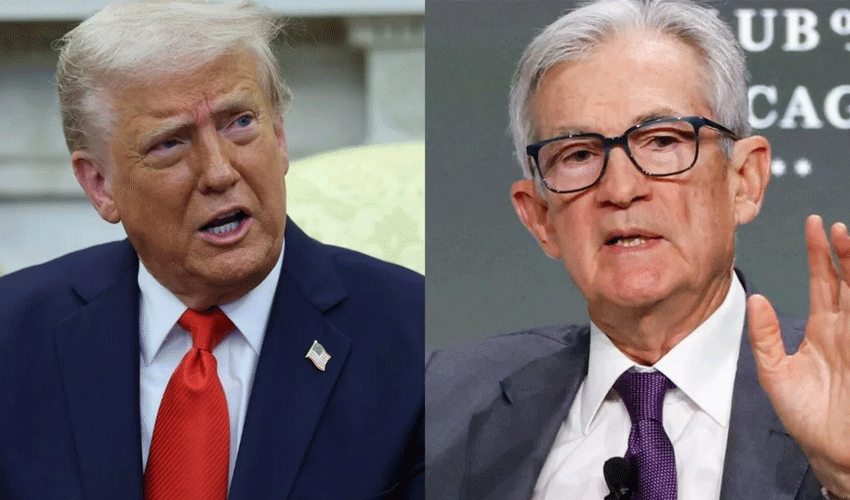Elon Musk has announced he will scale back his role in the Trump administration’s Department of Government Efficiency (Doge) initiative after Tesla Inc. reported a steep decline in profits and revenue for the first quarter of 2025.
The electric vehicle (EV) giant disclosed a 70% plunge in profits alongside a 20% drop in automotive revenue compared to the same period last year, amid growing concerns about Musk’s political affiliations and the company’s strategic direction.
Total revenue for the quarter stood at $19.3 billion, down 9% year-on-year and well below analysts’ expectations of $21.1 billion. The company, which has been slashing prices to boost demand, also saw a 13% decline in vehicle deliveries — the lowest in three years.
The quarterly results mark a challenging period for Tesla, which has faced growing backlash over Musk’s involvement in Donald Trump’s new administration. Musk, who donated over $250 million to Trump’s re-election campaign, also heads the president’s Doge initiative — a controversial drive to reduce federal spending and shrink the government workforce.
Addressing investors and media after the earnings release, Musk acknowledged the mounting criticism and its potential impact on the company. "My time allocation to Doge will drop significantly starting next month," he said, adding that he would limit his government-related commitments to "one to two days per week."
The announcement comes amid widespread protests and calls for boycotts of Tesla in key markets, with critics accusing Musk of prioritising politics over business. Musk, however, defended his role, calling his work with Doge “critical” and stating that “getting the government house in order is mostly done.”
Despite Musk’s reassurances, the company refrained from issuing a growth forecast for the coming months, warning instead that "changing political sentiment" and "rapidly evolving trade policy" could continue to weigh on demand and supply chains.
The report also highlighted the impact of new tariffs imposed by the Trump administration on Chinese imports. While Tesla assembles its cars in the United States, it relies heavily on Chinese-made components. Musk admitted that while Tesla’s geographically diverse supply chains provided some insulation, tariffs remained a challenge in an industry with tight profit margins.
"I'll continue to advocate for lower tariffs rather than higher tariffs, but that's all I can do," Musk said, responding to recent tensions within the administration. Earlier this month, he publicly criticised Trump’s trade adviser Peter Navarro, calling him a “moron” after Navarro questioned Tesla’s manufacturing credentials.
The company reiterated its belief that artificial intelligence would be a key driver of long-term growth. However, investors have historically remained sceptical of Tesla’s AI ambitions, particularly during periods of weak core business performance.
Shares of Tesla, which have lost 37% of their value this year, rose over 5% in after-hours trading following the earnings call. Analysts noted that expectations had already sunk to historic lows ahead of the report.
“Tesla’s problems are mounting,” said Dan Coatsworth, an investment analyst at AJ Bell. “Fierce competition, weakening demand, and political entanglements are adding significant pressure. The company now faces serious questions about its leadership priorities and future direction.”


























